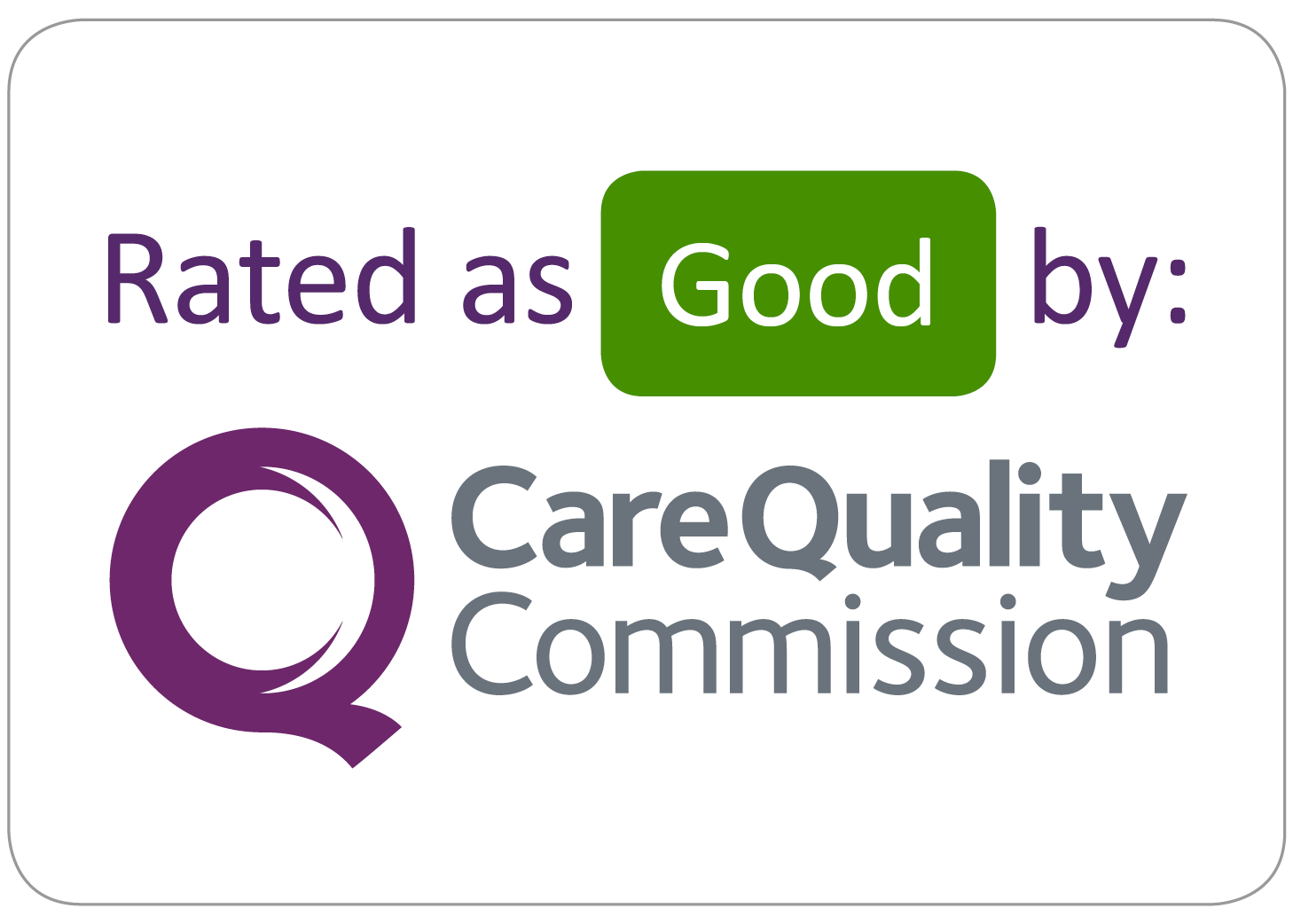Voice Advice
Taking care of your voice following discharge from Speech Therapy
What do I do if my voice deteriorates again when I have finished voice therapy sessions?
Following a period of voice loss, the voice can remain somewhat vulnerable for several months and your voice may be more prone to deteriorating at times when you are unwell, tired, stressed or after increased use. This may be the case for several years and you should continue to follow the advice provided by your Speech Therapist.
What basic advice can I follow to help my voice?
- Use good posture when speaking.
- Take regular pauses for breath when speaking and ensure you do not speak too quickly.
- Avoid speaking over background noise.
- Avoid whispering, shouting, or singing for extended periods.
- Avoid lengthy phone calls or video calls.
- Rest your voice especially if it feels uncomfortable to speak.
- Ensure your home or workplace is well ventilated by opening windows, use a humidifier if you can.

What else can I do to improve my voice?
Below are some other things that you can try:
- Use steam inhalation if your throat feels dry.
- Practice your voice exercises such as gentle neck stretches, shoulder rolls, humming and bubbling.
- Practice breathing exercises e.g. breathing in through your nose and out through your mouth, abdominal breathing,
- Keep your voice box well hydrated by drinking 6-8 glasses of water each day.
- If you use an inhaler, use a spacer if possible and ensure you gargle after use.
- Feelings of stress and anxiety can add tension into your voice box therefore make time for yourself and try to relax, use yoga, meditation or talking to someone about how your feeling can also help.
- Try physical exercise to help with relaxation.
- Take caffeinated drinks in moderation (three per day is a guideline).
Remember to avoid the following:
- Smoking.
- Throat clearing as this can increase irritation within the voice box and can prolong any hoarseness. Instead sip water or try sniff, sniff, blow, blow.
- Dry, dusty or smoky environments.
- Chemical irritants or fumes, including strong deodorants, perfumes, paints or household products.
- Fizzy drinks, as these can lead to reflux.
- If you think you may suffer from reflux discuss with your GP. However, you can also avoid acidic foods, spicy foods, fried foods and alcohol and avoid eating late at night.
- Medicated lozenges or throat sprays as these can have a drying effect on the throat.
What can I do if my voice does not improve after doing the recommended exercises and following advice on this leaflet?
We recommend trailing the above advice for two weeks. If your voice remains problematic despite regular use of this advice, you would benefit from further support:
If you have been discharged within the last 12 months, you should contact the speech therapy department on 01422 224 246 to leave a message for somebody to get in touch with you.
Alternatively, if you were discharged longer than 12 months ago, visit your GP to request a referral into Ear Nose and Throat.

















